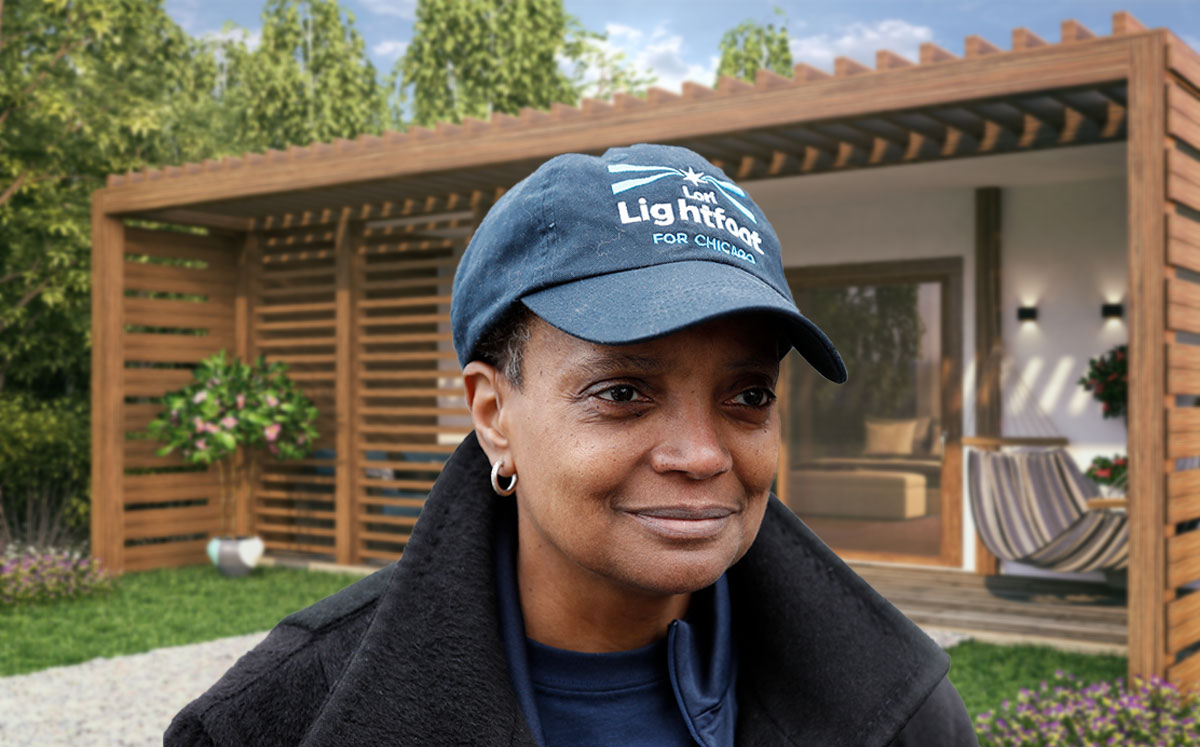The real estate community says it knows how to increase the affordable housing stock in Chicago — lift the longtime ban on coach houses and other accessory dwelling units.
The Urban Land Institute Chicago released a report on Thursday asking city officials to lift the ban and simplify the permitting process to allow for construction of such units, which are sometimes referred to as granny flats, according to the Chicago Sun-Times.
Numerous other cities with housing shortages have embraced ADUs, particularly on the West Coast. And Mayor Lori Lightfoot has signaled that she would embrace such units, by introducing an ordinance that lifts the ban on ADUs and creating standards on their design.
“The administration’s proposed ADU ordinance is not only a way to increase available housing throughout Chicago, it is also a safety and stimulus effort, designed to allow for very gentle density within existing neighborhood character,” Lightfoot’s Department of Housing said. “In fact, if ever the need arises again, ADUs will create a type of density that could allow for multi-generational households to remain close, but also create options for social distancing in a basement unit or coach house on the same property.”
Some estimate that Chicago has 2,400 coach houses despite a ban on ADUs since the 1950s. Most were grandfathered in or illegally added afterward.
The ULI report said ADUs should be allowed in any residential zoning district as well as any multifamily building with commercial space.
Community groups have sounded the alarm over the rate of two- to three-flat buildings being demolished and replaced with single-family homes in recent years.
Given the pandemic, it’s unclear when the City Council might take up Lightfoot’s ADU legislation. [Sun-Times] — James Kleimann
